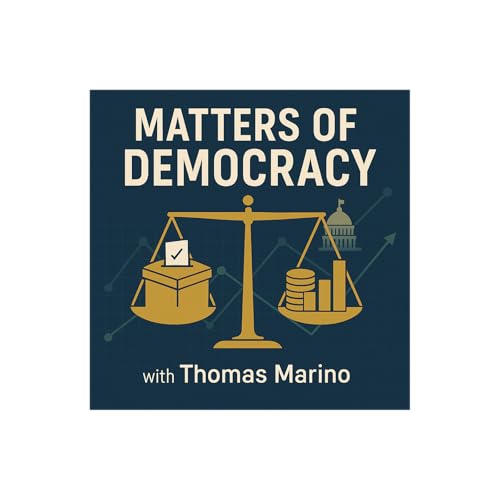The early months of 2026 are defined by a volatile intersection of aggressive political restructuring, significant legal challenges to democratic norms, and a robust yet vulnerable economic landscape.
Critical Takeaways:
• Political Fragmentation: The coalition that supported Donald Trump in 2024 is showing signs of fracturing across multiple demographics, including crypto investors, populist podcasters, minority voters, and farmers. Simultaneously, internal Republican tensions are rising as the President’s influence impacts Senate incumbency and party unity.
• Legal & Democratic Risks: Seven major legal cases—most notably regarding the Voting Rights Act and the nationalization of elections via Executive Orders—threaten to reshape American democracy and the 2026 midterm cycle.
• Economic Tailwinds: Nominal GDP is tracking at 7-8%, supported by high corporate margins and significant fiscal stimulus from both the public and private sectors. However, "complacency" is identified as a primary risk, with the economy potentially vulnerable to a "consensus" view that a recession is unlikely.
• AI as a Multi-Front Battleground: Artificial Intelligence has moved beyond speculation into a primary driver of productivity and political spending. Tech firms are investing heavily in political races to secure weak federal regulations that would preempt stricter state-level oversight.
• Institutional Pressure: Prestigious organizations like the Gallup Organization are withdrawing from long-standing practices (such as presidential approval polling) to avoid executive wrath, signaling a shift in the media and research landscape.
The Bondi Hearing and Department of Justice Accountability
A series of legal cases in 2026 will determine the structural future of American elections:
Economic data suggests a period of growth tempered by structural labor issues and midterm-year historical trends.
AI is increasingly compared to the diffusion of electricity in its potential to transform the economy.
Democrats face a structural "gerrymander" of the Senate due to the geographic distribution of voters. Long-term strategies for Democratic control include:
 17 mins
17 mins 16 mins
16 mins 17 mins
17 mins 14 mins
14 mins 15 mins
15 mins 17 mins
17 mins 18 mins
18 mins 16 mins
16 mins
